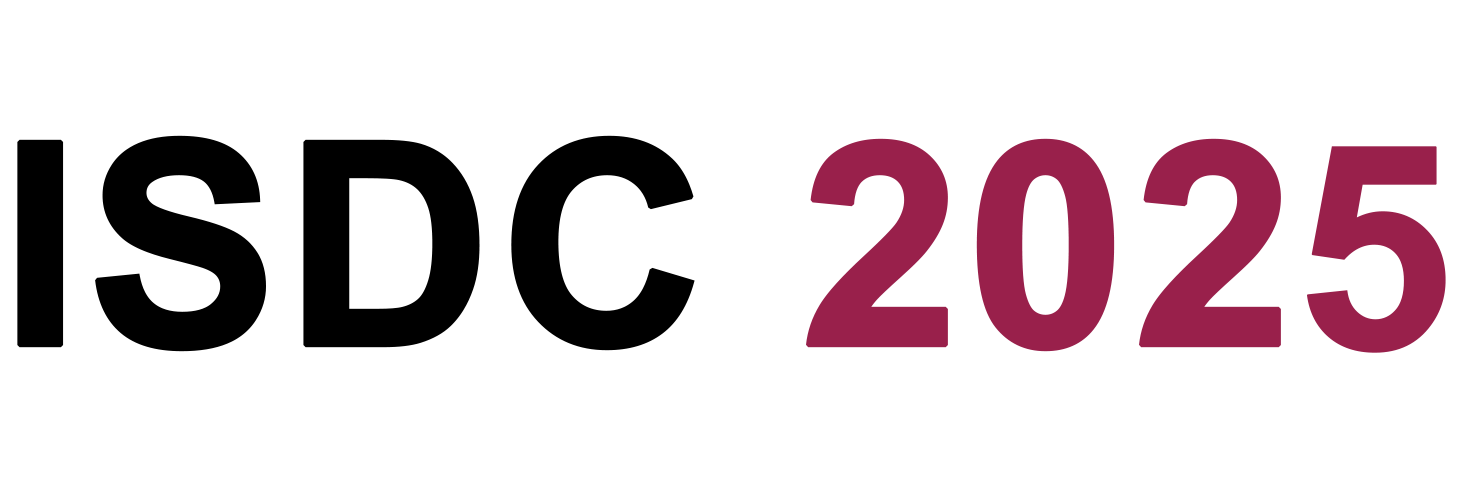
Colonised Commons: Climate, Agrarian and Elite Control in Bangladesh Beel Fisheries
Wednesday, July 30, 2025, 12:00 PM
Session: Poster Session (30th of July, Afternoon/Evening)
Freshwater fisheries in former colonies face more sustainability challenges. Floodplain wetland fisheries in Southern Africa and South Asia, particularly Beel wetlands of Bangladesh, are under growing pressure from both climate variability and institutional exclusion. Here, we examine how elite control and erratic rainfall interact to transform these fisheries commons into privatised, profit-driven systems undermining ecological sustainability and the socio-economic security of small-scale fishers. Drawing on 54 semi-structured interviews across two climate-vulnerable Beel regions, we applied a system thinking approach combining the Sustainable Livelihoods Approach and the Socio-Ecological System Framework to model feedback loops between declining ecological productivity, property-rights insecurity, and fisher displacement. We introduce the concept of “colonised commons” to explain how competitive leasing policy—rooted in colonial legacies—enable local elites to act as internal colonisers, dispossessing traditional fishers through asymmetric access to resources. This process is intensified by infrastructural policies, promoting irrigation and flood control accelerate wetland conversion to farmland, diminishing fish stocks and disrupting breeding cycles which is exacerbated by highly intensified, short-duration, and unseasonal monsoonal rainfall. However, our causal loop diagram provides a systems-based explanation of the root causes of exclusion and privatisation embedded in leasing system and agrarian infrastructures and identifies leverage points to manage Beel fisheries sustainably for more equitable and climate-resilient co-management. Keywords: Access, Common pool resource, Fisheries governance, Land management, Socio-ecological system, Rural livelihood